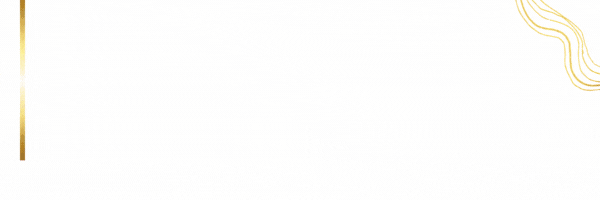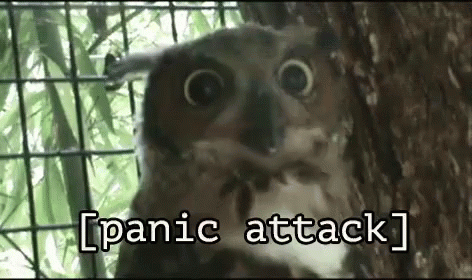What do Social Work and Codependency have in common?
If you didn’t know, March is Social Work appreciation month! Shout out to all my Social Workers for being dedicated to public service, social justice, and the importance of human relationships! Whoop whoop! This next statement may be a bit biased but social workers are the glue of society. I said what I said 😃
We bridge the gaps in SO many industries that I would annoy you if I listed them all. We can do just about anything, and we go above and beyond the call of duty to bring resolution and outcomes in seemingly impossible situations.
But here is the catch - we do so much there is a consequence…
As a professional social worker, my life revolves around helping other people. Social work is one of the professions where all the highly codependent, trait-ed people get grouped together. Why? Because we have to be focused on other people’s needs more than our own AND we likely have experiences with our needs going unmet which is why we are social workers in the first place…
Before we get too far, if you are not familiar with the word codependency, let me bring you to the crux of it. Merriam Webster defines codependence as “a psychological condition or a relationship in which a person manifesting low self-esteem and a strong desire for approval has an unhealthy attachment to another, often to a power dynamic that results in controlling or manipulation”.
Textbook definitions are a great anchor to how we conceptualize What or How codependency affects our life but life requires more applicable and/or relatable understandings. I encourage my clients to think about codependency like charging your phone. You must plug into an external source of energy that your phone is dependent on to keep working. If something is blocking that power source, your phone won’t charge correctly, over time negatively affecting the health of the battery, leading to death of the phone).
I wish it weren't that dramatic in real life but I’ve seen too much tragedy from the various presentations of codependency to tell you differently. If you have any interest in understanding whether you have issues with codependency, take this brief inventory and then we can chat more about how to align with recovery.
So what now? Will you die if you're codependent? No, absolutely not. But you must get a better understanding of how to gain interdependence if you desire a different and more satisfying outcome in your life and relationships.
Codependency is a natural part of life: we need it to grow intimacy with the other beings in our lives, and it is also the foundation of many service oriented professions. I will speak for my own profession, but we have to meet a client where they are in order to help them, which means we gotta muck through a pretty codependency-riddled environment, and we are bound to be exposed to quite a bit in the process. Comma BUT (read as it sounds) - if we are solely dependent on things outside of ourselves to provide value in our lives, we will see our demise into unpleasant territories as we likely don’t have too many other ways to cope, aka addiction. This is not something to be scared of, rather something to prepare for.
In my sessions, I help people break down this cycle and understand how to see how it operates from a different place in the cycle. This takes consent and willingness, respect of the power dynamic and a lot of patience. I could talk ( and write) for days on this. So stay tuned for more on how you combat these dynamics through new ways of coping, communicating, and committing to care of your needs while caring about others.
Remember, progress over perfection.
Since social workers love to include as many as possible, thank you to all the other counselors, educators, and social justice facilitators who may not get their flowers during this Social work recognition month.


